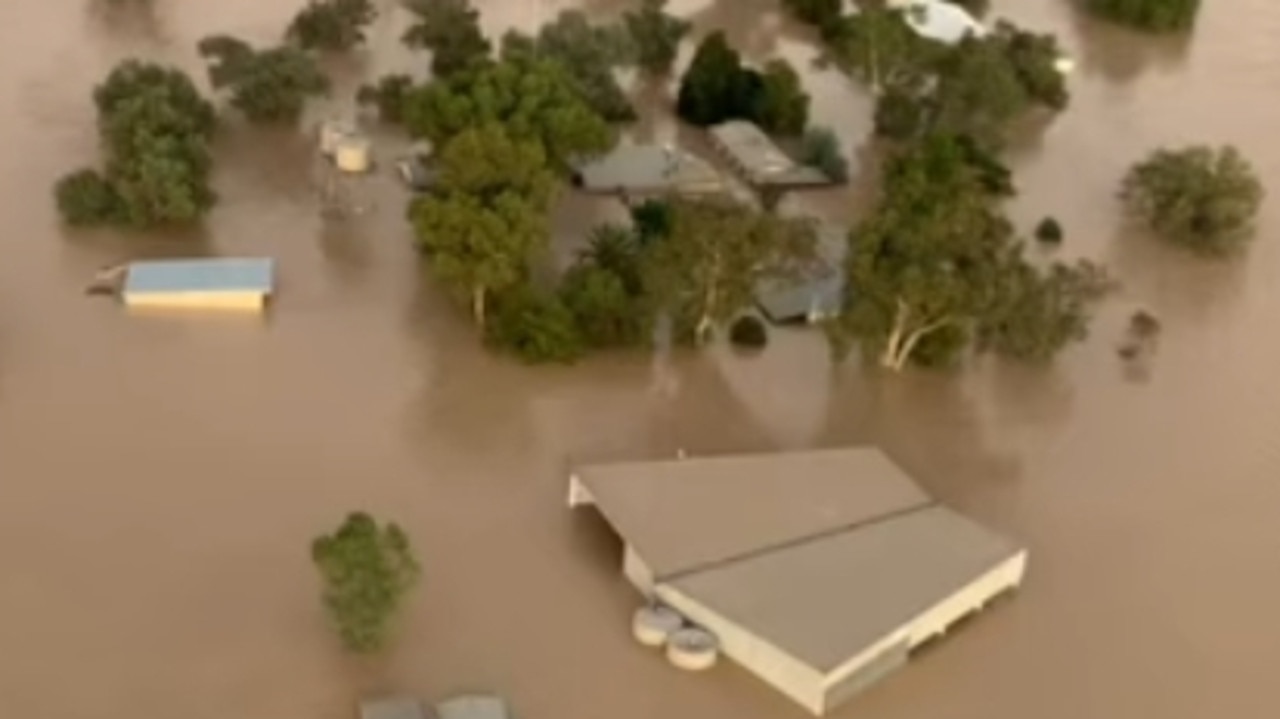Extending AUKUS security pact a boon for SA, says Treasurer Stephen Mullighan
Extending the AUKUS security pact to Canada, Japan, South Korea and New Zealand is being touted as a big boost for SA’s nation-leading defence industry.
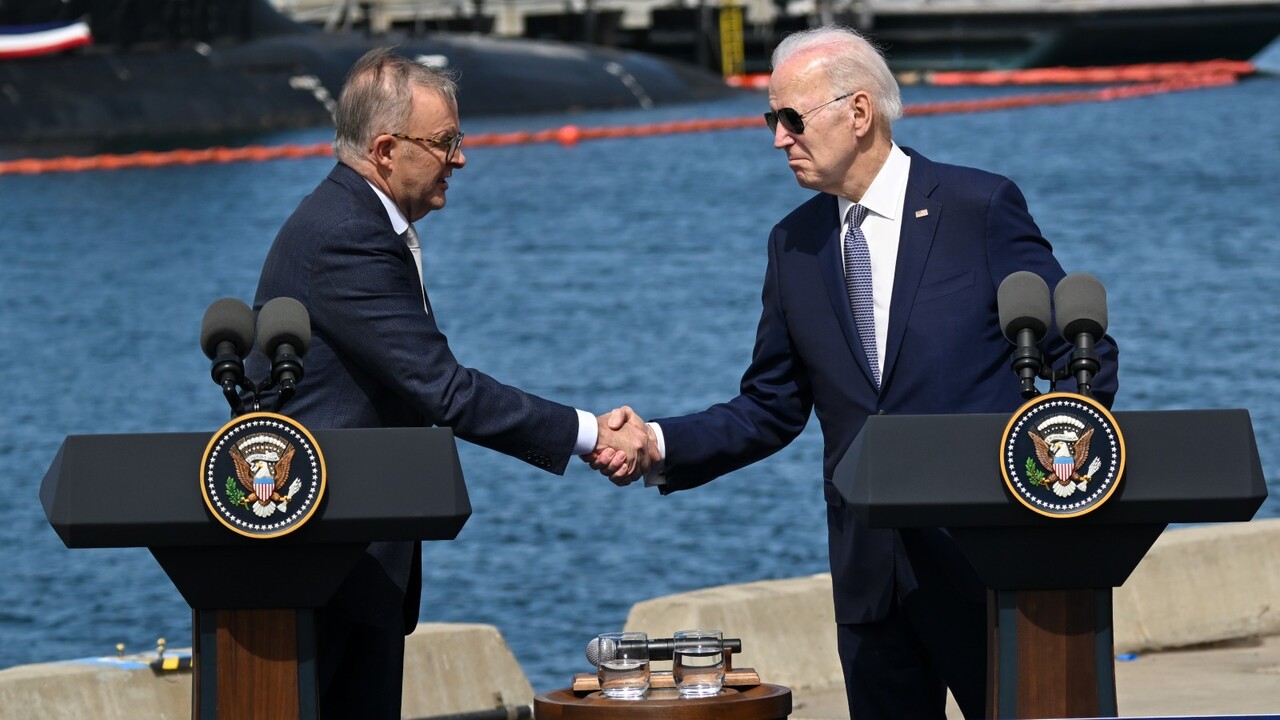
SA News
Don't miss out on the headlines from SA News. Followed categories will be added to My News.
A jobs and economic boon for South Australia can be unleashed by extending the AUKUS security pact’s advanced technology collaboration to four more nations, says Treasurer Stephen Mullighan.
Leaders of the tri-nation pact, which includes a $368bn nuclear-powered submarine construction project centred on Adelaide, are considering admitting Canada, South Korea, Japan and New Zealand.
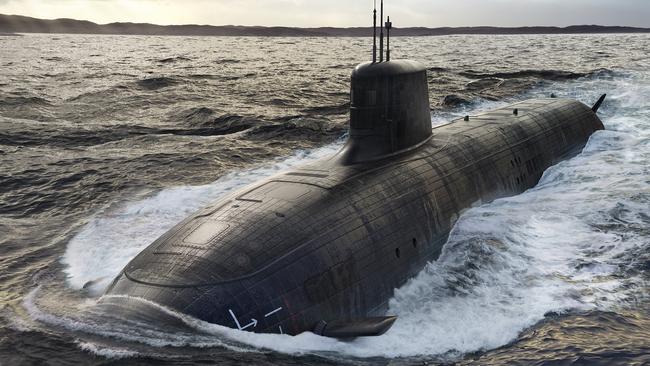
In a joint statement marking the third anniversary of AUKUS issued by US President Joe Biden, the leaders said these countries could join in the so-called pillar two – technology sharing distinct from nuclear-powered submarines.
This includes artificial intelligence, quantum computing, hypersonics, electronic warfare and autonomous vehicles, such as unmanned submarines.
In their statement, Mr Biden, Prime Minister Anthony Albanese and UK Prime Minister Keir Starmer describe AUKUS pillar two as involving “information and technology sharing and unprecedented integration of our innovation communities, industrial bases, and warfighter capabilities”.
In an interview with The Advertiser, Mr Mullighan said this would broaden the economic opportunity for SA’s industry, which has seven of the world’s top 10 defence firms.
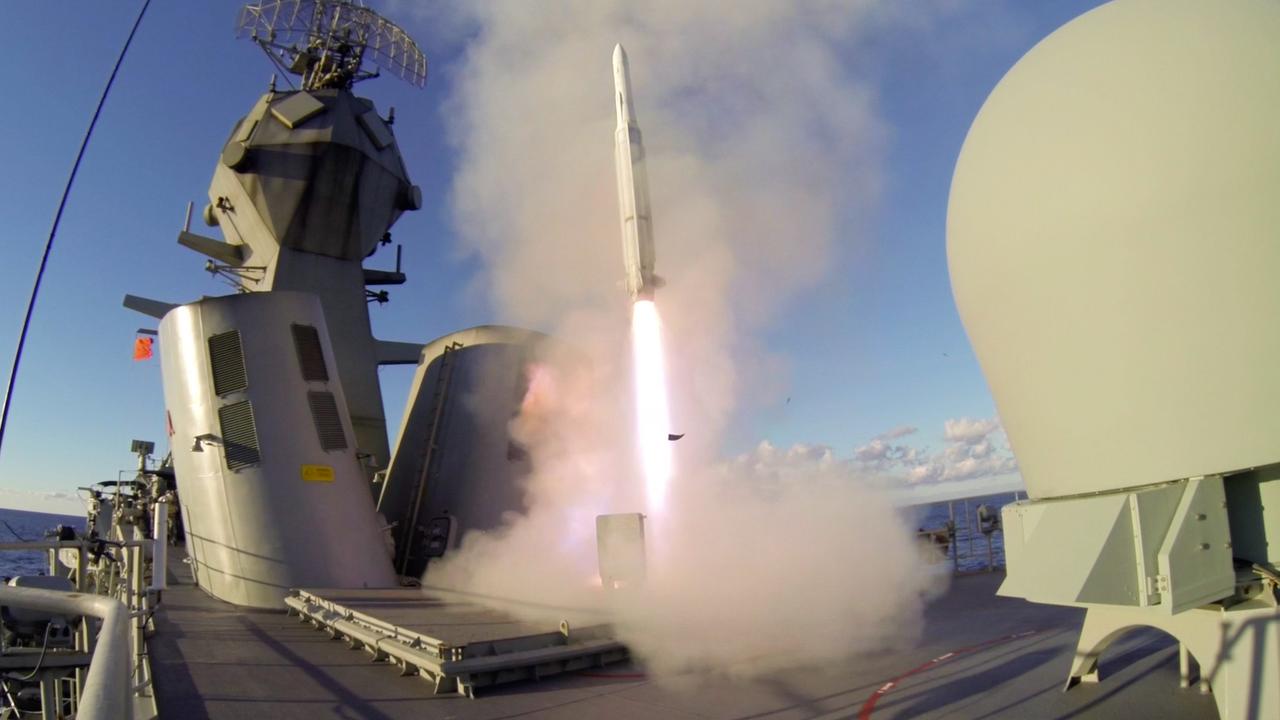
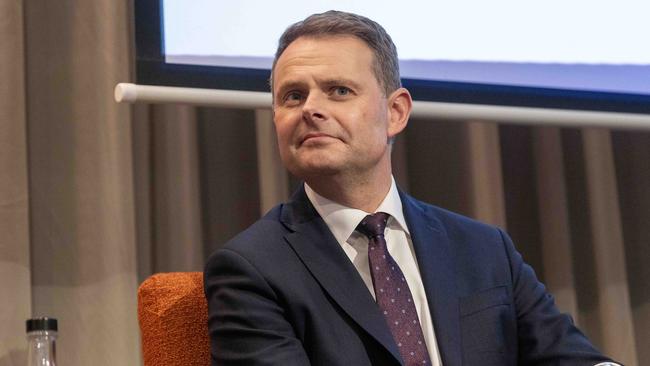
These include BAE Systems Australia, which on September 12 announced a $270m deal to significantly boost surface-to-air missile component production in Adelaide’s north to protect Australian and allied warships.
“AUKUS pillar two can be like a select global ecosystem of defence technology capability and industry, that will cross-pollinate each other and ensure that we’re getting the most advanced and capable performance and systems for our defence,” said Mr Mullighan, also the Defence and Space Industries Minister.
“It also means there’s a really extraordinary economic opportunities for businesses in Australia and South Australia to participate in that.”
Mr Mullighan said SA had been historically strong in defence advanced technology research and development, citing the establishment in 1947 at Salisbury of the Long Range Weapons Establishment to support the guided weapons base at Woomera, in the state’s Far North.
This had extended to BAE Systems Australia testing first-generation air defence missile systems at Woomera from 1953, to modern Adelaide tech firms Codan and REDARC.
“Other nations wanting to actively participate in the (AUKUS) agreement with these advanced technologies, it’s really clear that that really opens up even further significant opportunities for South Australian businesses,” Mr Mullighan said.
“Not just winning work and exporting, although of course that’s really exciting, but also the collaboration over technological developments, advancements and how those nations can share with the AUKUS partners further technology improvements.”





